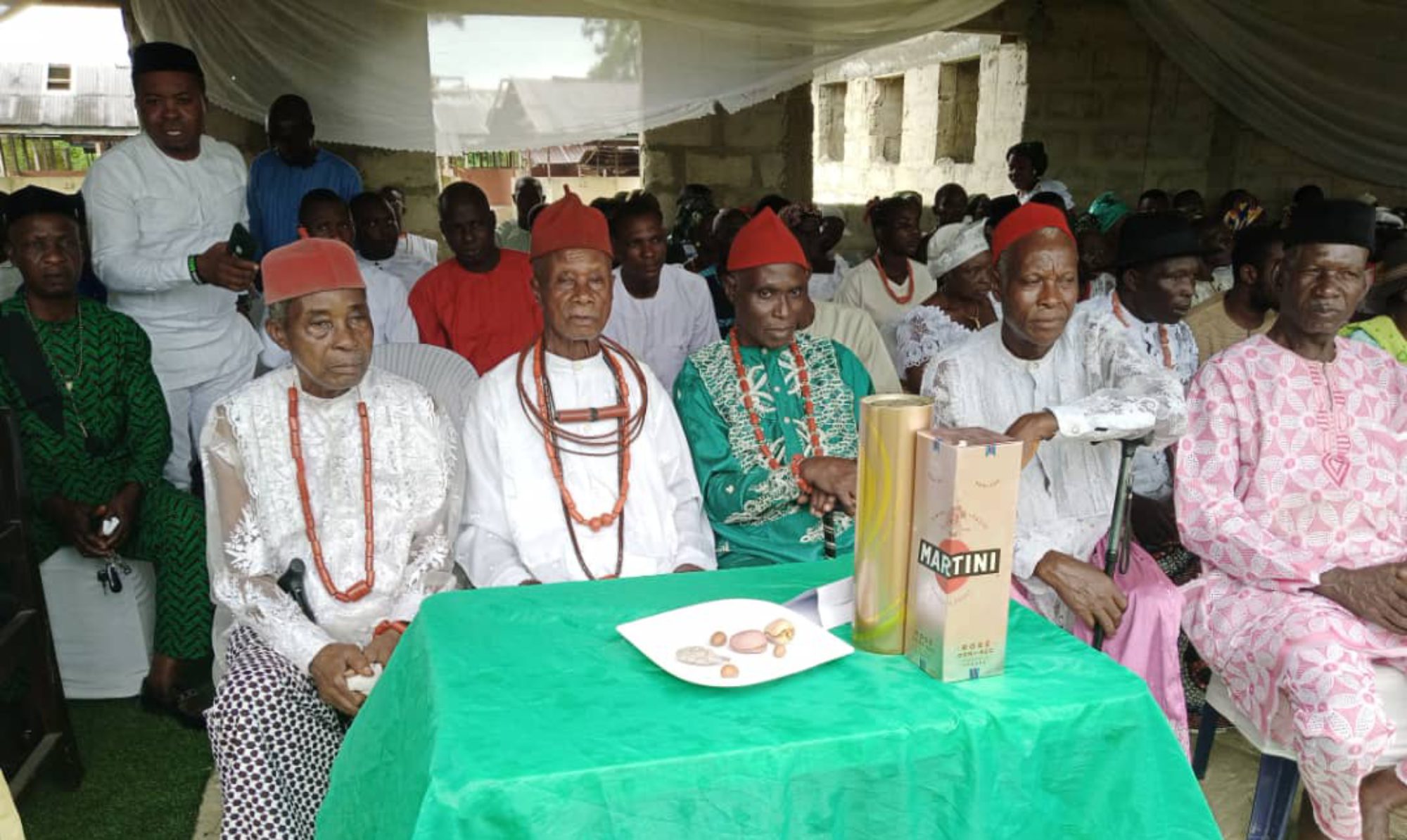[pl_row pagelayer-id=”qcumtp5a3k7vehcs” stretch=”auto” col_gap=”10″ width_content=”auto” row_height=”default” column_pos=”default” content_pos=”default” overlay_hover_delay=”400″ row_shape_top_color=”#fff” row_shape_top_width=”100″ row_shape_top_height=”100″ row_shape_bottom_color=”#fff” row_shape_bottom_width=”100″ row_shape_bottom_height=”100″ ele_bg_hover_delay=”400″ ele_margin=”0px,0px,40px,0px”][pl_col pagelayer-id=”exurssu18hj9elwk” widget_space=”15″ overlay_hover_delay=”400″ ele_bg_hover_delay=”400″][pl_text pagelayer-id=”oqxd7tbrbq7ii4d9″ ele_bg_hover_delay=”400″ ele_css=”{{element}} {line-height:1.9;}”]
TABLE OF
CONTENTS
Dedication – – – – – – iv
Acknowledgement – – – – – v
Preface
– – – – – vii
Introduction – – – – – – xii
Chapter One: Historical Distortion and Tradition of
Origin of Ovrode – – – 1
Chapter Two– Ovrode Location and Environment 19
Chapter Three – Occupation and Local Industries 28
Chapter Four – Community Administration 46
Chapter Five – Religion – – – –
72
Chapter Six – Deities and Festivals – –
91
Chapter Seven – Traditional Communication System 116
Chapter Eight – Marriage and Marriage Institutions 125
Chapter Nine – Burial Rites – – – 138
Chapter Ten – Mode of Dressing and Social Life 147
Chapter Eleven – Ovrode and Ellu Clan – –
158
Chapter Twelve – Relationship with Neighbouring
Communities – – – – 173
Chapter Thirteen – Ovrode at Present – –
183
References – – – – – – 192
[/pl_text]
[/pl_col]
[/pl_row]
